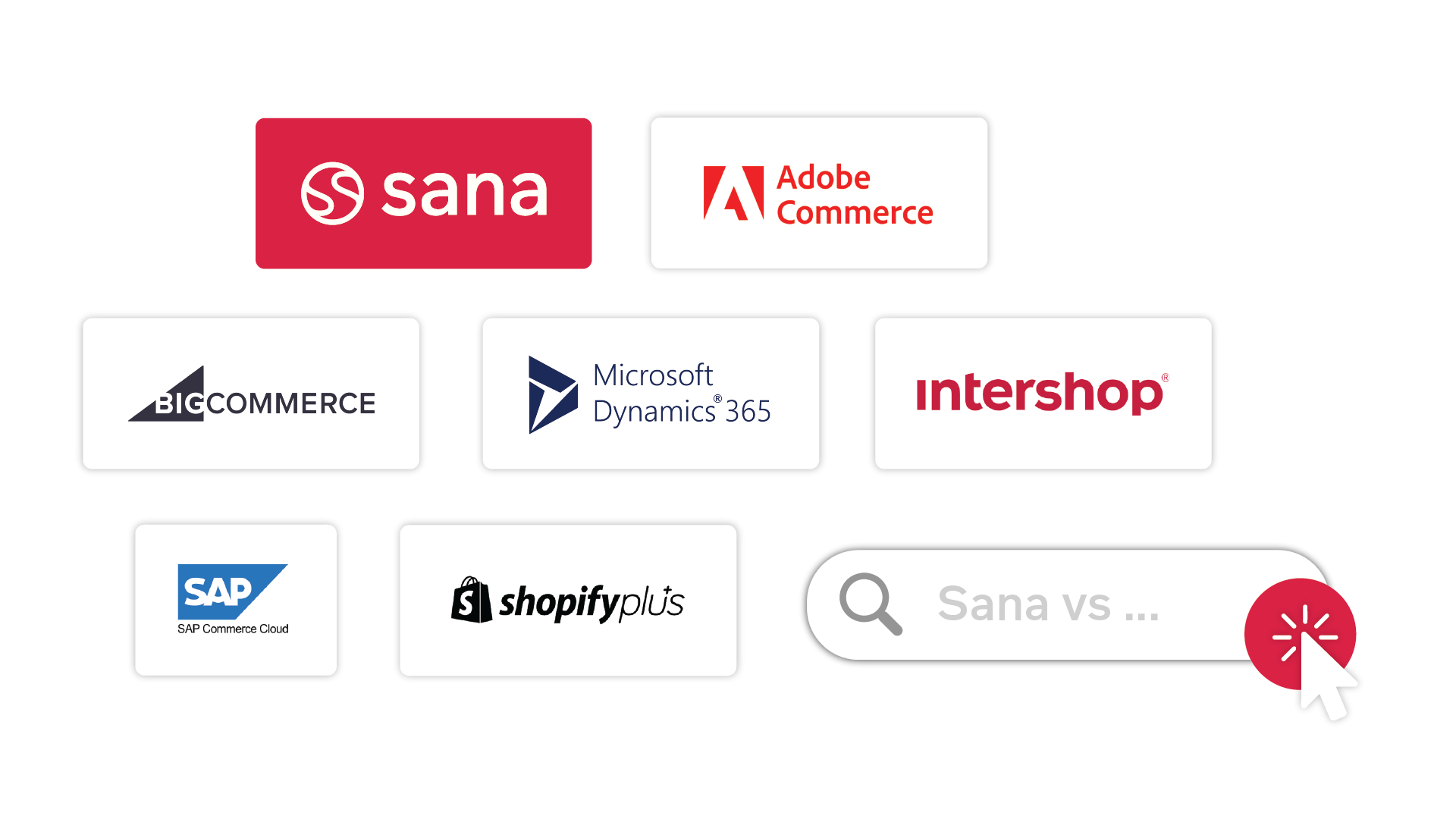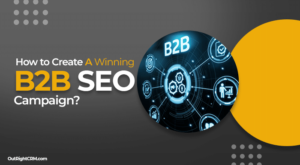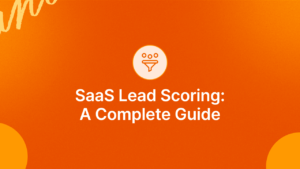E-commerce platforms help businesses sell products online. Choosing the right one can be confusing.
For beginners, understanding the differences between e-commerce platforms is crucial. Each platform offers unique features and benefits. Some may be easier to use, while others provide more customization. Knowing what each platform offers can help you make an informed decision.
In this post, we’ll guide you through a comparison of popular e-commerce platforms. Our goal is to help you find the best fit for your needs. By the end, you’ll have a clearer idea of which platform suits your business. Let’s dive in and explore the options available for you.
Introduction To E-commerce Platforms
Starting your e-commerce journey requires choosing the right platform. This decision can impact your business success. Let’s dive into the basics and why it’s crucial for beginners.
What Is An E-commerce Platform?
An e-commerce platform is software that allows you to create an online store. It helps you manage your website, sales, and operations. You can showcase products, process payments, and handle customer interactions.
E-commerce platforms offer various tools and features. These include templates, SEO options, and analytics. They simplify the process of running an online business.
Importance For Beginners
For beginners, an e-commerce platform is essential. It provides a user-friendly interface. This makes it easier to set up and manage your store.
Beginners often lack technical skills. E-commerce platforms offer support and resources. These can include tutorials, customer support, and community forums.
Starting with the right platform saves time and effort. It helps you focus on growing your business. Here’s a quick comparison of popular e-commerce platforms:
| Platform | Ease of Use | Key Features | Price |
|---|---|---|---|
| Shopify | Very Easy | Templates, SEO, Analytics | Starts at $29/month |
| WooCommerce | Moderate | Customizable, Open Source | Free (Hosting costs apply) |
| BigCommerce | Easy | Scalability, SEO, Multi-Channel | Starts at $29.95/month |
Each platform offers unique benefits. Choose one that aligns with your needs and skills.
Explore the depths of E-commerce with this informative post. Top E-Commerce Platforms for Dropshipping: Ultimate Guide 2024
Key Features To Consider
Choosing the right e-commerce platform is crucial for beginners. Understanding key features helps in making an informed decision. These features impact the ease of use, payment processing, and customization options. Let’s explore these essential aspects to consider.
User-friendly Interface
A user-friendly interface simplifies the process for beginners. It should have an intuitive design. Easy navigation is essential. Look for platforms with drag-and-drop builders. This feature helps in creating a store without coding skills. Clear and simple dashboards are important too. They make managing your store easier.
Payment Gateway Options
Payment gateways are vital for any e-commerce platform. Multiple payment options increase customer satisfaction. Look for platforms supporting popular gateways like PayPal, Stripe, and credit cards. Ensure the platform offers secure payment processing. Fraud protection features are also important. Easy integration with payment gateways saves time and effort.
Customization And Flexibility
Customization and flexibility allow you to create a unique store. Check if the platform offers various themes and templates. Editable templates offer more control over design. Look for platforms allowing custom code integration. This feature is useful for advanced customization. Flexibility in adding plugins and apps is also essential. It enhances the store’s functionality.
Top E-commerce Platforms In 2024
Choosing the right e-commerce platform is crucial for your online store’s success. In 2024, several platforms stand out for their ease of use and powerful features. This section covers the top e-commerce platforms for beginners.
Shopify
Shopify is a popular choice for new online store owners. It offers a user-friendly interface and a wide range of customizable templates. With Shopify, you can set up your store quickly. The platform provides various tools for managing products, inventory, and orders. Shopify also supports multiple payment gateways, making transactions seamless. Additionally, it offers 24/7 customer support to assist you with any issues.
Woocommerce
WooCommerce is a flexible and free plugin for WordPress. It allows you to turn your WordPress site into a powerful online store. WooCommerce offers a wide range of extensions to enhance your store’s functionality. You can manage products, inventory, and payments with ease. The platform is highly customizable, letting you tailor your store to your specific needs. WooCommerce also has a large community of developers and users who can help you troubleshoot any problems.
Explore the depths of E-commerce with this informative post. Features to Look for in an E-Commerce Solution: Essential Guide
Bigcommerce
BigCommerce is another excellent platform for beginners. It provides a comprehensive set of tools to build and manage your online store. BigCommerce offers a variety of customizable templates and supports multiple payment gateways. The platform also includes SEO features to help your store rank higher in search engine results. With BigCommerce, you can integrate with various third-party applications to extend your store’s capabilities. It also offers reliable customer support to help you with any challenges.

Credit: www.vinculumgroup.com
Shopify Overview
Shopify is a popular e-commerce platform that helps beginners set up online stores. It offers user-friendly tools and great support. Many businesses choose Shopify for its simplicity and features.
Pros And Cons
Let’s look at the pros and cons of using Shopify:
| Pros | Cons |
|---|---|
|
|
Pricing Plans
Shopify offers several pricing plans:
- Basic Shopify: $29/month – Best for new businesses.
- Shopify: $79/month – Ideal for growing businesses.
- Advanced Shopify: $299/month – Suitable for scaling businesses.
Each plan includes:
- Online store
- Unlimited products
- 24/7 support
- Discount codes
- Free SSL certificate
Ideal Use Cases
Shopify is great for:
- Small businesses starting online
- Businesses with limited tech skills
- Companies needing reliable support
- Stores with many products
Beginners find it easy to use. It scales with business growth. It offers many apps to add features.
Woocommerce Overview
WooCommerce is a popular e-commerce solution for WordPress users. This plugin turns your WordPress site into a fully functional online store. It supports a wide range of products and services. WooCommerce provides flexibility and customization to meet various business needs.
Pros And Cons
WooCommerce offers several advantages:
- Easy integration with WordPress.
- Highly customizable with themes and plugins.
- Supports physical and digital products.
- Large community and support.
Yet, it also has some drawbacks:
- Requires frequent updates.
- May need technical knowledge for advanced features.
- Hosting costs can add up.
- May slow down your website.
Enhance your knowledge on E-commerce by exploring this related piece. Best Tools for Creating an Online Store: Top Picks for Success
Pricing Plans
WooCommerce is free to use. But, there are costs for domain and hosting. Additional costs include premium themes and extensions. Payment gateway fees also apply. Prices for these vary based on the provider.
Ideal Use Cases
WooCommerce suits small to medium-sized businesses. It’s perfect for existing WordPress users. Ideal for those who need flexibility and customization. Suitable for selling physical or digital products. Great for businesses that plan to grow and scale.

Credit: www.getfuelpod.com
Bigcommerce Overview
BigCommerce is a leading e-commerce platform known for its flexibility. It offers a comprehensive set of tools to help beginners and experienced users build their online stores. This platform supports various business sizes, from small startups to large enterprises. It is designed to be user-friendly and scalable.
Pros And Cons
BigCommerce has many advantages. It supports multiple sales channels like Facebook, Instagram, and Amazon. It also offers strong SEO features to help your store rank higher. The platform is highly customizable with many themes and integrations.
However, BigCommerce also has some drawbacks. It can be more expensive than other platforms, especially for advanced plans. Some users may find the learning curve steep, particularly with advanced features.
Pricing Plans
BigCommerce offers several pricing plans. The Standard plan starts at $29.95 per month. The Plus plan is $79.95 per month, adding more features like customer segmentation. The Pro plan costs $299.95 per month. It is suitable for larger businesses with advanced needs.
Ideal Use Cases
BigCommerce is ideal for businesses looking to grow. It is great for users who need multiple sales channels. The platform supports businesses that require strong SEO capabilities. It is also well-suited for users who need a highly customizable store.
Comparison Of Platforms
Choosing the right e-commerce platform is essential for beginners. It impacts every aspect of your online business. This comparison of platforms will help you make an informed decision.
Ease Of Use
For beginners, ease of use is critical. A user-friendly platform can save time and reduce frustration.
- Shopify: Known for its intuitive interface. No coding required.
- WooCommerce: Integrates with WordPress. A bit more complex but highly customizable.
- BigCommerce: Easy to use with a range of built-in tools. Slightly steeper learning curve.
Cost Efficiency
Understanding the cost structure is vital. You need to consider both initial costs and ongoing fees.
| Platform | Initial Cost | Monthly Fees | Transaction Fees |
|---|---|---|---|
| Shopify | Free trial available | Starts at $29/month | 2% unless using Shopify Payments |
| WooCommerce | Free | Depends on hosting provider | None |
| BigCommerce | Free trial available | Starts at $29.95/month | None |
Scalability
Scalability ensures your platform can grow with your business. Consider the future needs of your store.
- Shopify: Scales well for small to large businesses. Offers various plans.
- WooCommerce: Highly scalable with the right hosting. Plugins available for advanced features.
- BigCommerce: Designed to handle large product catalogs. Supports high-volume transactions.
Choosing The Right Platform
Starting an e-commerce business can be exciting. But choosing the right platform is crucial. Beginners often feel overwhelmed with many options. Each platform has unique features. Some platforms are user-friendly. Others offer advanced tools for growth.
Assessing Your Needs
First, understand your business needs. Do you need an easy setup? Or more customization options? Think about the products you will sell. Digital products or physical goods? Some platforms are better for specific product types. Decide on your budget. Some platforms are free. Others have monthly fees.
Consider your technical skills. Some platforms are simple. Others require coding knowledge. Look at the support offered. Will you need help? Choose a platform with good customer service. Assess your needs carefully. It will make the decision easier.
Future Growth Considerations
Think about your business’s future. Will it grow quickly? Some platforms scale easily. Others have limits. Look at the platform’s features. Will they support your growth? Consider if the platform offers integrations. As your business grows, you may need more tools. Marketing, inventory management, and analytics are key.
Check the platform’s reputation. Are other users happy with it? Read reviews and testimonials. Choose a platform that can grow with you. It will save time and money in the long run.

Credit: www.sana-commerce.com
Frequently Asked Questions
What Is The Best E-commerce Platform For Beginners?
Shopify is often considered the best for beginners. It’s user-friendly, has excellent support, and offers various templates. Shopify also integrates well with multiple payment gateways.
How Do I Choose An E-commerce Platform?
Consider your budget, ease of use, scalability, and the features you need. Assess customer support and integration options. Read reviews and compare platforms.
Is Woocommerce Good For Beginners?
WooCommerce is good for beginners familiar with WordPress. It’s flexible and customizable. However, it requires some technical knowledge for setup and maintenance.
Can I Switch E-commerce Platforms Later?
Yes, you can switch platforms. However, it may involve data migration, which can be complex. Plan carefully and back up your data.
Conclusion
Choosing the right e-commerce platform can feel overwhelming. Understanding the basics helps. Consider your needs, budget, and ease of use. Each platform offers unique features. Take your time to explore them. Start small and scale as you grow. Remember, there is no one-size-fits-all solution.
What works for one may not work for another. Make an informed decision. Your choice can shape your business success. Happy selling!











